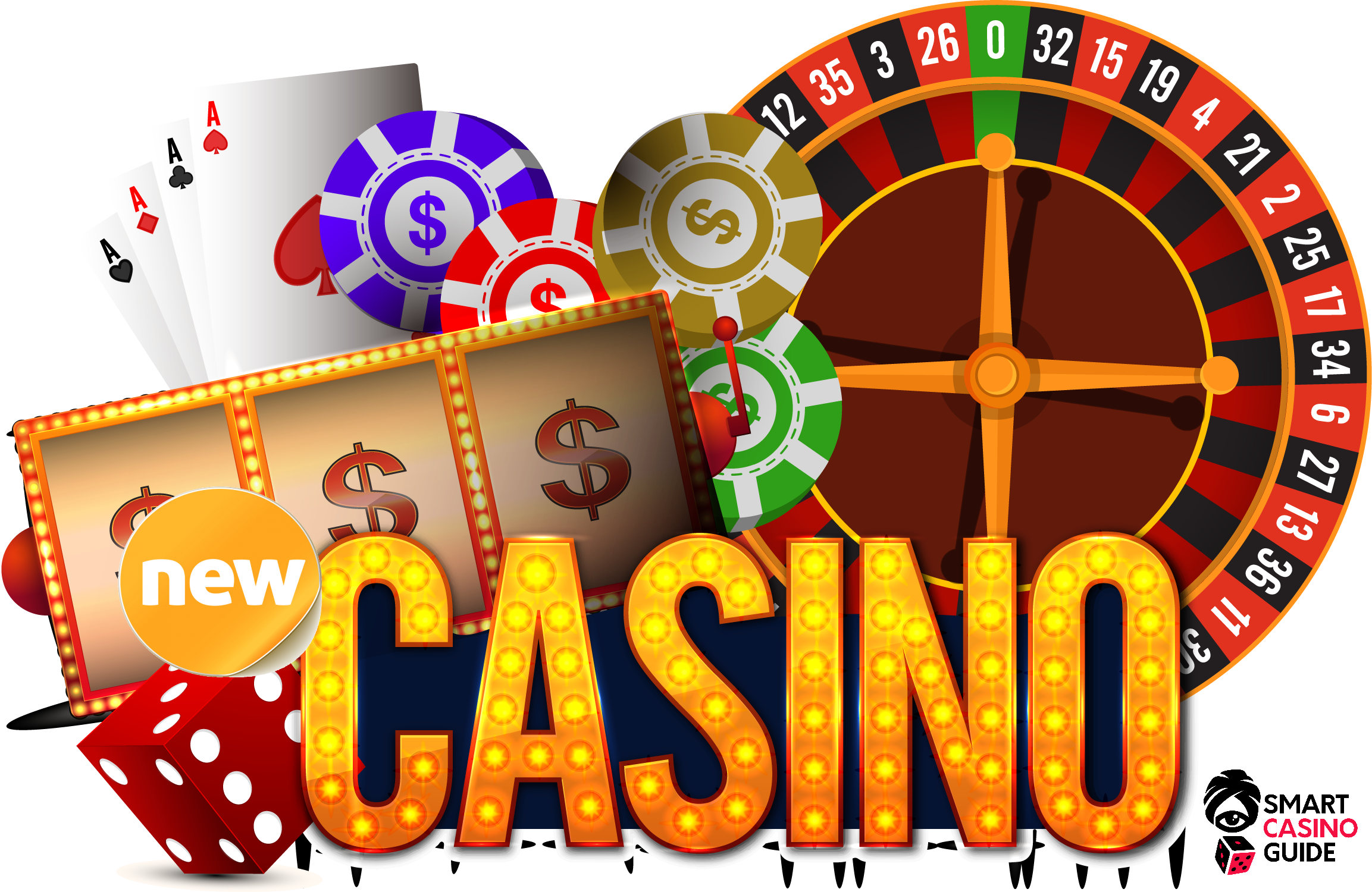
Gambling on slots has integrated into the mosaic of leisure across different cultures, often echoing distinct societal values, beliefs, and attitudes towards luck and opportunity. The brilliant lights and energizing sounds of slot machines have a global appeal, drawing people in with the temptation of adventure and the chance for fortune. However, the perception and tolerance of this form of gambling can differ widely depending on societal norms.
In various traditions, slot gambling is accepted as a captivating pastime, often seen as an enjoyable activity in social settings or celebrations. In certain areas, it may be viewed with caution or even condemnation, where issues of dependency and ethical dilemmas predominate the discourse. Understanding these diverse outlooks enhances our appreciation for how slot gambling is not just about the games in isolation, but also about the complex web of cultural factors that shape our interactions with luck and risk.
Societal Views on Gambling
Different cultures from the world hold varying views on slot gambling, which influences how it is practiced and perceived. In certain communities, such as in many parts of the U.S., gambling is widely accepted and integrated into entertainment. Casinos and slot machines are often regarded as a source of entertainment that can provide thrills and financial gain. This acceptance has led to the expansion of land-based casinos and the increasing popularity of online slot gaming, where players seek the thrill of chance.
Conversely, in some societies, gambling is viewed with skepticism or outright disapproval. In countries where religious beliefs play a significant role, such as in regions within the Mideast, slot gambling may be prohibited or subject to strict limitations. Here, gambling is frequently linked to social issues such as addiction or financial ruin, resulting in a negative stigma. The laws typically reflect these cultural attitudes, with stringent laws against gambling activities, including slot machines.
In different areas, such as various East Asian cultures, slot gambling occupies a nuanced space. While traditionally viewed as a negative behavior, there is a increasing acceptance due to the impact of tourism and economic factors. In locations like Macau, China, slot machines have become a major attraction, symbolizing a blend of cultural acceptance and economic necessity. This shift shows how cultural perspectives can change over time, shaped by external factors such as globalization and shifting societal norms.
Regulations and Legal Frameworks
The control of slot gambling varies significantly across different cultures and regions, reflecting each society’s attitudes towards gaming. In numerous Western countries, such as the USA and the UK, slot machines are strongly regulated. These regulations typically include strict licensing requirements for providers, age restrictions for players, and steps to ensure fair play and sensible gambling. Additionally, revenue generated from gambling is typically taxed, adding to public services and infrastructure.
In comparison, some countries maintain a somewhat restrictive approach to gambling, reflecting cultural or spiritual beliefs that discourage such activities. For instance, in numerous Islamic countries, gambling is prohibited, leading to an underground economy for slot machines and alternative forms of gaming. In these regions, law enforcement often focuses on illegal gambling operations, while efforts to regulate and reform gambling laws face significant societal pushback.
Emerging markets, particularly in parts of Asia and Latin America, are experiencing a change towards further liberalized gambling frameworks. Nations like Japan and Brazil have started to explore controlled slot gambling to stimulate tourism and economic growth. These cultural shifts are often accompanied by discussions on how to balance the potential advantages of gambling income with the risks of addiction and social effects, leading to evolving legal structures that reflect the changing views about slot gambling.
Impact on Society and Local Perspectives
The perception of video gambling varies significantly across different cultures, often influenced by societal norms and economic circumstances. In some groups, slot machines are seen as a form of entertainment and social interaction, where people gather to enjoy the excitement of the game as a group. For such groups, slot gambling is integrated into social events, celebrations, and outings, creating an atmosphere of camaraderie among players. It serves as a means for bonding, and the joy of winning can enhance community ties.
Conversely, in other cultures, slot gambling is seen with skepticism or outright condemnation. The potential for dependency and financial strain associated with gambling can lead to adverse outcomes. Families may struggle when a relative becomes overly invested in slot gambling, leading to financial hardship and tense relationships. Groups that value traditional norms may discourage participation in gambling activities, labeling them as morally questionable and detrimental to societal well-being. slot mahjong ways
Additionally, the financial implications of slot gambling can vary greatly depending on the cultural context. In areas where it is embraced, slot gambling can contribute significantly to local economies through job creation and tourism. However, in regions that resist the prevalence of gambling, there may be efforts advocating for tighter controls or outright bans, emphasizing the need for the well-being of the community over potential economic benefits. These divergent views highlight the intricate relationship between culture, morality, and the social ramifications of slot gambling.
